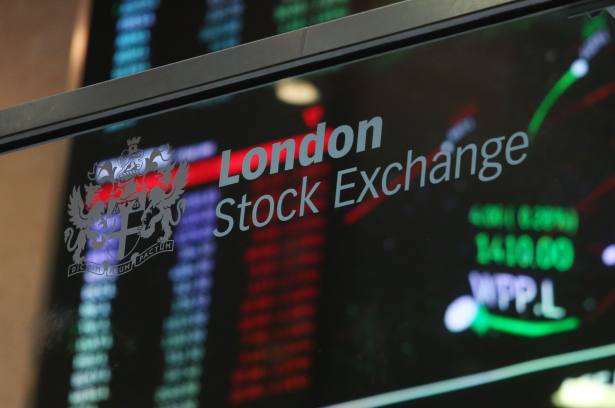Meanwhile in the UK, chancellor Philip Hammond has decided to withhold increasing fiscal spending, preferring to keep whatever spare capacity he may have in reserve should he need to deal with any fallout from Brexit.
We should not forget the investor in all of this. In the UK, the baby boomers who have already begun to retire. This group represents a significant proportion of British investors and they will need income in retirement and less risky growth.
Consider, too, the fact that pension freedoms have given many greater control over their investments. They are no longer forced into annuities (and gilts). This suggests we are likely to see more and more money looking for an asset that offers a growing income, as well as capital growth, to protect them from the risks of retirement.
Yes, defensive growth assets became fairly expensive and the gap with value stocks also became stretched last year. But these stocks have the sort of characteristics that will appeal to a growing base of retired investors – companies with excellent track records of steadily growing earnings and dividends.
It would also be hard to argue that supermarkets are expensive; they have been squeezed from a combination of food price deflation and a price war with the discount chains. This has led to these businesses to streamline their business models.
The story in the UK over 2017 will be one around domestically focused companies versus those with international earnings.
Adrian Lowcock is investment director at Architas






